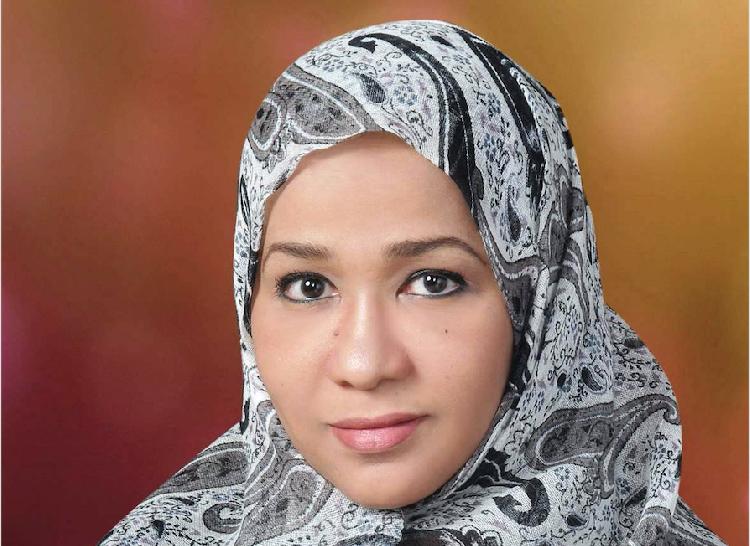
the major health concerns that are associated with Hajj
- Interview Dr. Mushira Abdulaziz Enani, MBBS, FRCPE, FACP, CIC - Head- Section of Adult Infectious Diseases - Medical Specialties Department at King Fahad Medical City
What are the major health concerns that are associated with mass gathering events such as Hajj?
Religious events and festivals can be attended by large numbers of pilgrims from within and outside the host country, geographic region, or continent. One of the major public health concerns in relation to mass gatherings is the importation or exportation of infectious diseases, and spread between attendees and to the local population.
Mass gatherings expose pilgrims to serious diseases like bacterial and viral pneumonia, tuberculosis, meningitis, upper respiratory tract infections, poliomyelitis virus, blood borne diseases, food poisoning and zoonotic diseases, which can lead to hospitalization and further fatalities. Health risks can also involve trauma, heat stroke, heat exhaustion, sunburn, dehydration and fire-related diseases.
Pneumonia accounts for 39% of all hospital admissions during Hajj and the leading cause of hospital admissions in Saudi Arabia. Data also suggest that the decreased cell-mediated immunity due to overcrowding, exhaustion and undernourishment can result in a high incidence of pneumonia. The incidence rate of pneumococcal disease in Saudi Arabia is estimated to be 17.4% per 100,000 of the population, with a fatality ratio of 12.20%
What preventive measures should be taken by pilgrims to safeguard themselves against pneumonia, meningitis and respiratory infections?
According to WHO’s facts on immunization, vaccination is one of the most successful and cost-effective of the public health interventions, preventing between 2 to3 million deaths every year in people of all ages. Adult vaccination facilities are offered by various organizations in KSA, where doctors work with each patient individually to ascertain the best course of vaccination to be undertaken.
Along with vaccination it is important to take a healthy diet high in nutrition so that the body can maintain a strong immune system.
To minimize risks, try to avoid close contact with sick people. While sick, limit contact with others as much as possible to keep from infecting them. Following good hygiene practices can also help prevent respiratory infections. You can also reduce your risk of getting pneumonia by limiting exposure to cigarette smoke and treating and preventing conditions like diabetes.
What are the risk groups who should proactively undertake pneumococcal vaccination? Does the risk increase during Haj season?
Ageing is a widely recognized risk factor in pneumococcal disease due to natural weakening of the immune system and susceptibility to infection.
In addition to aging, host factors such as co-morbidities (for example, chronic cardio-respiratory disorders or diabetes mellitus) and other factors, such as cigarette smoking have been established as major risk factors for pneumococcal disease and these factors are reflected in the World Health Organization position on pneumococcal vaccination.
The risk groups are elderly adults over the age of 65, adults with co-morbidities like type 2 diabetes mellitus, hematological malignancy, organ and bone marrow transplantation or chronic kidney or lung diseases.
Risk groups consisting of adults aged 65 and above and those with chronic conditions-regardless of age- like diabetes, cardiovascular and respiratory diseases should proactively undertake pneumococcal vaccination.
Elderly pilgrims might benefit from vaccination with the polyvalent pneumococcal vaccine for the common pneumococcal serotypes that are circulating during Hajj.
Moreover, influenza vaccination protects pilgrims against influenza which can be complicated by secondary pneumococcal infection.
Preventive Tips during Hajj:
Wear mask, especially in crowded places, and replace it every 6 hours if possible.
Wash hands with soap and water or disinfectant, especially after coughing and sneezing
Use disposable tissues when sneezing or coughing and then dispose in the trash. If there is no tissue, it is preferable to use your upper arm, not your hands.
Do not touch your eyes, nose or mouth only after washing your hands well.
Minimize handshakes to greet others during Hajj
Do not drink iced water or very cold water.
Avoid direct exposure to the air conditioning when sweating.






















